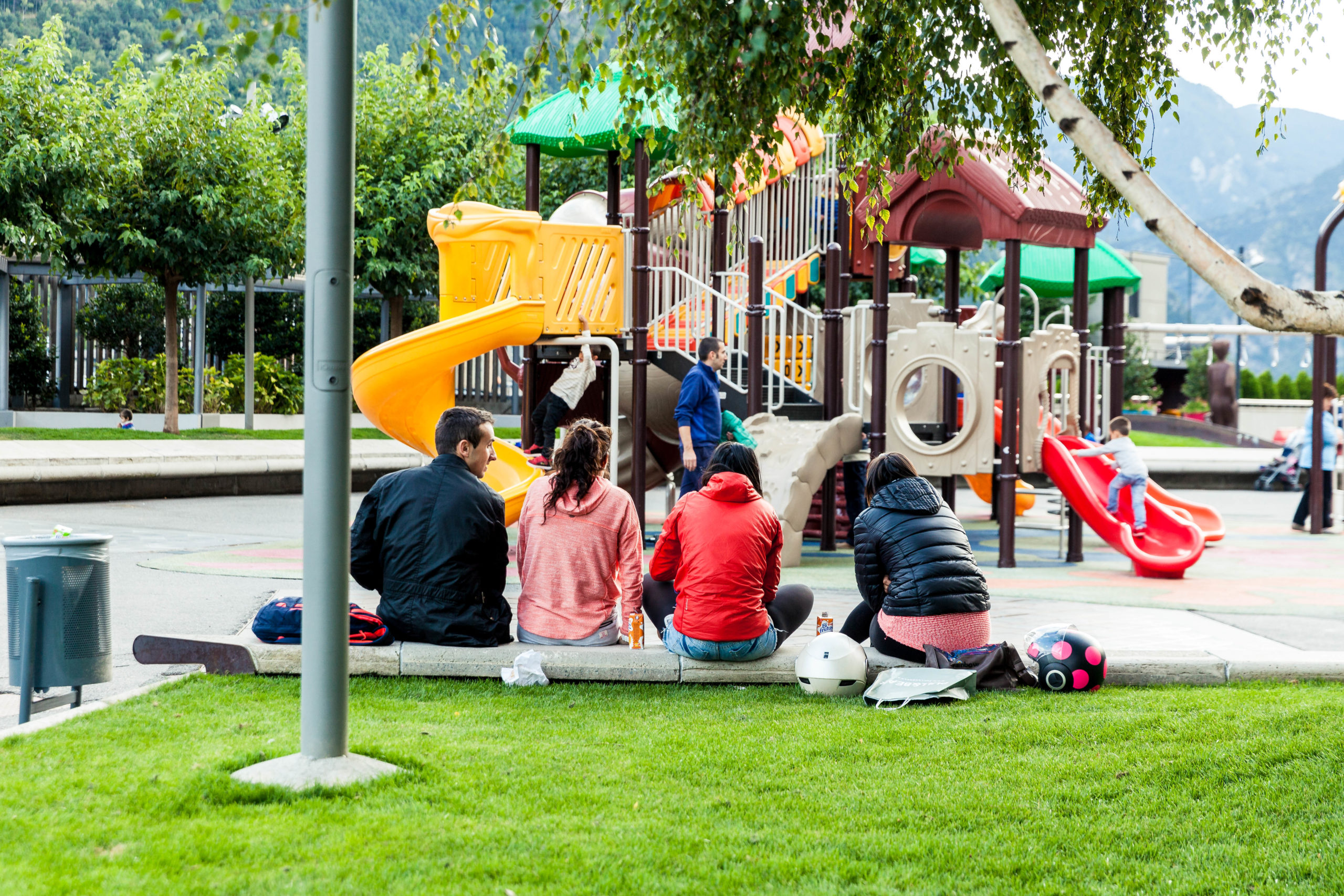Abortion rights, women of color, and LGBTQI+ people are under attack. Pledge to join us in fighting for gender justice.
Schools Must Support Latina Mental Health — for Their Educations and for Their Lives

 In my hometown of Philadelphia, over half of Latina girls were persistently sad or hopeless in 2017. More than one in five considered suicide. More than one in seven attempted suicide. For LGBTQ Latina girls in Philly, more than two in three felt persistently sad or hopeless, almost half considered suicide and close to two in five attempted suicide.
In my hometown of Philadelphia, over half of Latina girls were persistently sad or hopeless in 2017. More than one in five considered suicide. More than one in seven attempted suicide. For LGBTQ Latina girls in Philly, more than two in three felt persistently sad or hopeless, almost half considered suicide and close to two in five attempted suicide.
While particularly severe in Philadelphia, these numbers are a microcosm of a national pattern. In response to the lack of attention that is keeping this a crisis, we wrote We Are Not Invisible/No Somos Invisibles: Latina Girls, Mental Health, and Philadelphia Schools with Philadelphia Latina and nonbinary Latinx students. This report highlights the mental health challenges Latina students in Philadelphia are experiencing, but it does much more than that. We Are Not Invisible/No Somos Invisibles is a solutions-focused report. Student leaders tell us what their schools need to do to keep Latinas from experiencing the lack of support that interferes with their ability not only to survive but to thrive in school and in life.
My mental health has affected my educational trajectory at every stage. I lived with severe anxiety and depression while a Philadelphia high school student and received no school-based support despite clear signs that something was wrong. I count myself lucky to have had continued access to educational opportunity after high school. But lack of consistent mental health support affected my academic success from high school through college: instead of focusing on academics and career-building, I was simply trying to survive. It was only after I was able to access quality mental health services and learn my rights that I was able to attend and thrive in law school and my career overall.
It took me 15 years to learn that could have been eligible for disability accommodations and individualized support starting in high school—support which would have helped me reach my fullest potential in every stage of my education.
I have learned that my story is far from unique. I saw firsthand the continuing, unmet mental health needs of Latina girls as a Philadelphia teacher. What I have experienced and seen has led me to co-author this report, to shine a light on what are considered “invisible” mental health challenges and how they impact Latinas’ school experiences. Latinas living with mental health challenges face the combination of ableism, racism, and sexism that shows up in the “fiery Latina” and “crazy Latina” stereotypes, making it harder for others to see their legitimate mental health needs. Many students are not as lucky as I was in access to education. Latina high school and college completion rates remain lower than their peers, and chronic absenteeism among Latinas is high. Some research has shown that mental health challenges are a reason Latinas like me can struggle in college, but until now there has not been a focus on the same challenges in K-12 schools.
With 13 co-authors in middle and high school, We Are Not Invisible/No Somos Invisibles highlights a need for a complete change in school culture to help all students. Students need all staff trained in mental health and supportive responses. They need curriculum that validates their identities. They need teachers and mental health professionals that look like them and can relate to their experiences. And the students most in need must also be supported with mental health and disability services, and not punished for those needs. Latinas in Philadelphia are less likely than white girls to be identified for disability services—but more likely than white girls with disabilities to be suspended.
The status quo in our schools is not good enough for Latina girls. Like all students, they deserve to be able to learn in safe, supportive environments where mental health is prioritized and cared for rather than misunderstood and punished. In We Are Not Invisible/No Somos Invisibles, Latina girls tell us exactly what they need from their schools. Philadelphia schools—and schools nationwide—can’t wait to change school culture and create supportive environments. The educations and lives of students depend on it.





